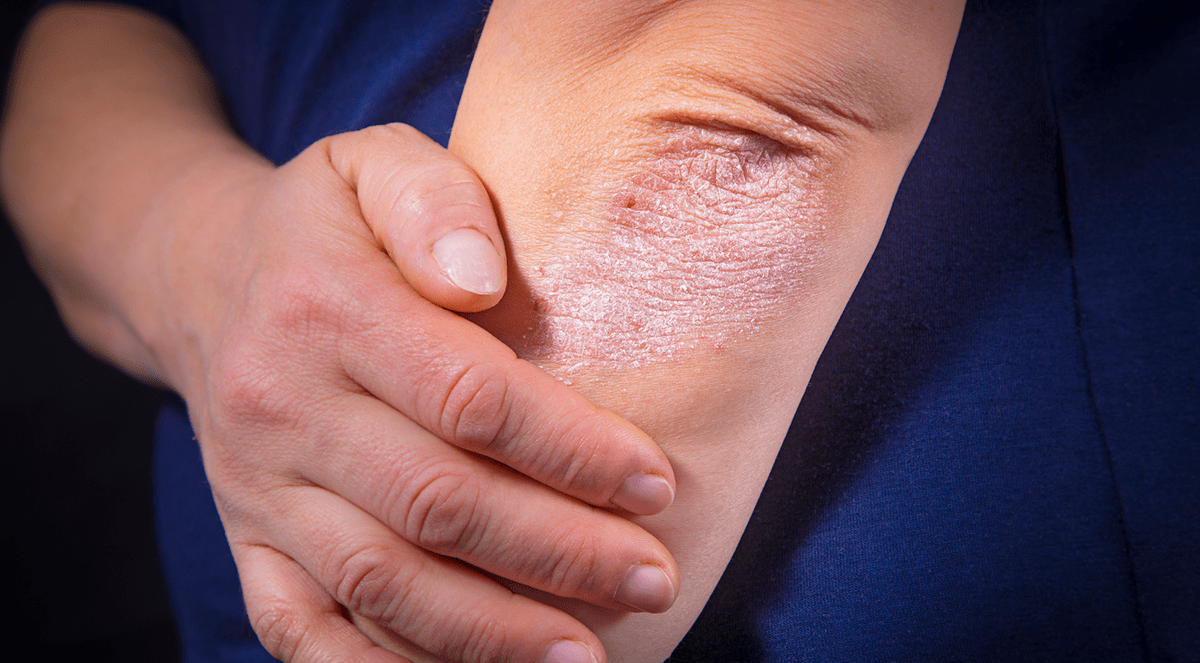It is unknown whether dietary supplementation with vitamin D or calcium prevents keratinocyte carcinomas, also known as nonmelanoma skin cancers.
This study aimed to determine whether daily vitamin D or calcium supplementation alters the risk of basal cell carcinoma (BCC) or invasive cutaneous squamous cell carcinoma (SCC).
The Vitamin D/Calcium Polyp Prevention Study is a completed multicenter, double-blind, placebo-controlled, partial 2 × 2 factorial, randomized clinical trial of vitamin D, calcium, or both for the prevention of colorectal adenomas. During 2004-2008, a total of 2259 men and women, 45-75 y of age, recently diagnosed with a colorectal adenoma, were randomly assigned to 1000 IU/d of vitamin D3 or placebo and 1200 mg/d of calcium carbonate or placebo for 3 or 5 y, and followed after treatment ended. Reports of incident BCC or SCC were confirmed from pathology records.
During a median follow-up of 8 y, 200 (9%) participants were diagnosed with BCC and 68 (3%) participants were diagnosed with SCC. BCC incidence was unrelated to treatment with vitamin D compared with no vitamin D (HR: 0.96; 95% CI: 0.73, 1.26), calcium compared with no calcium (HR: 1.01; 95% CI: 0.74, 1.39), and both agents compared with neither (HR: 0.99; 95% CI: 0.65, 1.51). SCC incidence was unrelated to treatment with vitamin D compared with no vitamin D (HR: 0.79; 95% CI: 0.49, 1.27), but there was suggestive evidence of beneficial treatment effects for calcium compared with no calcium (HR: 0.60; 95% CI: 0.36, 1.01) and both agents compared with neither (HR: 0.42; 95% CI: 0.19, 0.91).
Calcium alone or in combination with vitamin D may reduce the risk of SCC, but not BCC. This trial was registered at clinicaltrials.gov as NCT00153816.
© The Author(s) 2020. Published by Oxford University Press on behalf of American Society for Nutrition.
Risk of keratinocyte carcinomas with vitamin D and calcium supplementation: a secondary analysis of a randomized clinical trial.


